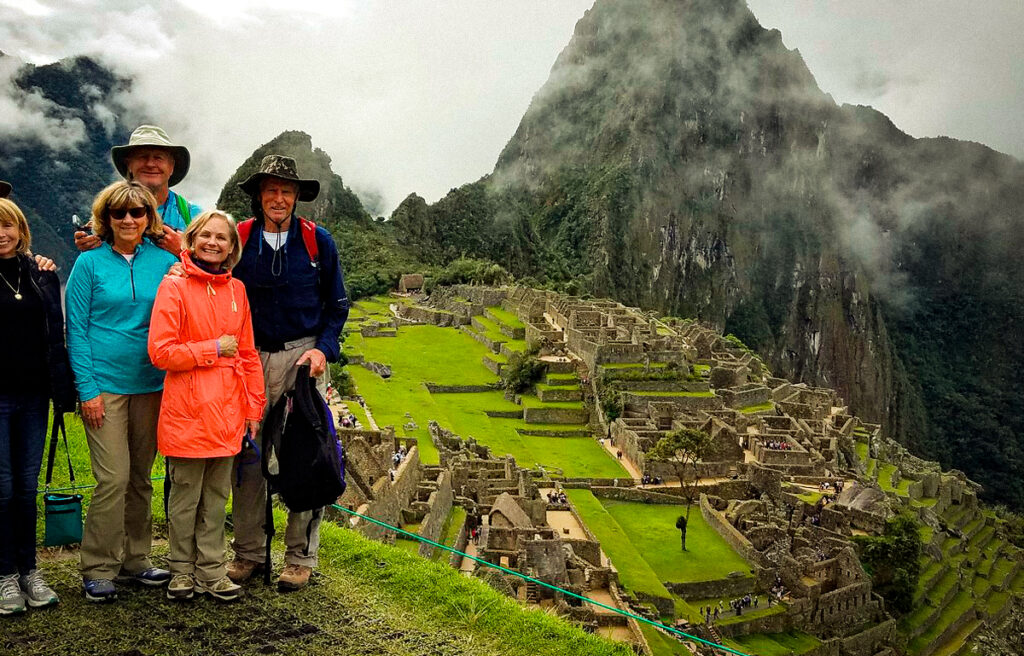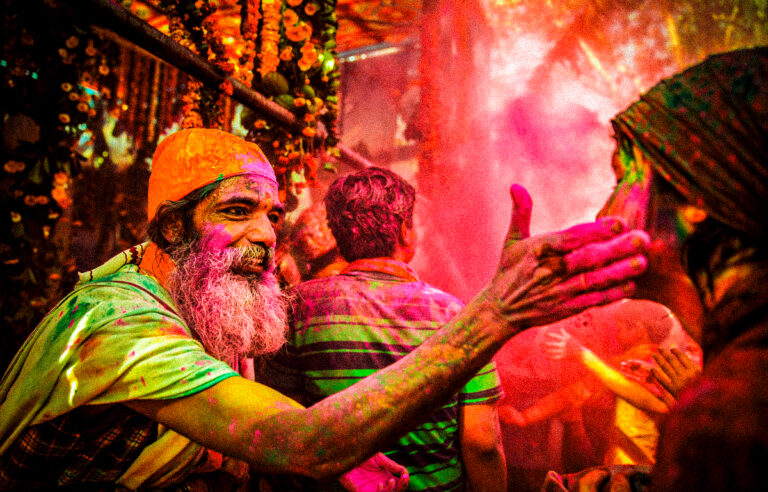Introduction
In a world saturated with selfie-spots and fast-paced itineraries, 2025 travelers are shifting gears. Today’s globetrotters crave authentic, human-centered experiences that go beyond sightseeing. Enter cultural immersion tourism—a growing trend that emphasizes living like a local rather than simply visiting a place.
From cooking with families in Italy to working on farms in Japan or participating in village festivals in Morocco, cultural immersion is redefining how we travel, learn, and connect. This article explores what it means to engage in immersion tourism in 2025, why it matters, and how to experience destinations from the inside out.
1. What Is Cultural Immersion Tourism?
Traveling With Intention
Cultural immersion tourism involves experiencing the everyday life of locals. This could mean:
-
Staying in a local home
-
Learning traditional crafts or cuisine
-
Joining local rituals or celebrations
-
Volunteering with community projects
Rather than being passive observers, immersion tourists participate in and respect the rhythms of the place they visit.
Keywords: cultural immersion tourism, local travel experiences, authentic travel, live like a local 2025
2. Why Travelers Are Seeking Authenticity
The Rise of “Slow Travel” and Personal Growth
In 2025, travelers are ditching fast-paced itineraries in favor of:
-
Slower, more meaningful travel
-
Deeper cultural understanding
-
Human connection
Motivated by a desire to escape tourism clichés, many now prioritize trips that allow them to:
-
Build cross-cultural friendships
-
Develop empathy
-
Expand their worldview
Keywords: slow travel 2025, meaningful travel, travel for personal growth, authentic tourism trend
3. Popular Cultural Immersion Activities in 2025
What Travelers Are Doing Differently
Cultural immersion can take many forms, including:
-
Language immersion stays (e.g., learning Spanish in Guatemala)
-
Cooking classes with locals (e.g., Moroccan tagine workshops)
-
Village homestays or eco-lodges
-
Traditional farming and fishing experiences
-
Music, dance, and art workshops
-
Religious and spiritual ceremonies
These activities offer hands-on learning, cultural respect, and local economic support.
Keywords: local travel activities, immersive travel experiences, cooking with locals, learning through travel
4. Where to Go: Top Immersion Destinations
Best Places to “Live Like a Local” in 2025
Some top cultural immersion travel spots include:
-
Chiang Mai, Thailand – Hill tribe homestays and craft workshops
-
Oaxaca, Mexico – Indigenous cuisine, mezcal-making, and festivals
-
Luang Prabang, Laos – Buddhist rituals, village treks, and rice farming
-
Puglia, Italy – Olive picking, pasta making, and agriturismos
-
Cape Coast, Ghana – Drumming, dance, and storytelling from local elders
-
Kyoto Countryside, Japan – Zen gardening, tea ceremonies, and temple stays
Each location offers rich cultural depth and low-impact tourism options.
Keywords: best immersion travel destinations, local travel 2025, cultural hotspots, authentic tourism places
5. Staying with Locals: Homestays & Community Lodging
A Home Away from Home
Staying with locals is a cornerstone of immersion travel. In 2025, options include:
-
Homestay networks like Workaway, WWOOF, and Homestay.com
-
Eco-lodges and family-run guesthouses
-
Village tourism collectives organized by locals
These stays allow you to share meals, join daily routines, and often participate in income-generating activities that directly benefit the host community.
Keywords: homestay tourism 2025, local accommodations, eco lodging, community-based tourism
6. Language as a Gateway to Culture
Say More Than “Hello”
Speaking even a few words of the local language can:
-
Deepen conversations
-
Break cultural barriers
-
Show respect
Apps like Duolingo, Memrise, and immersive courses help travelers pick up basics before and during trips. Many immersion programs include language learning as part of the experience.
Keywords: language learning travel, speak local language, cultural respect travel, travel communication tips
7. Responsible Cultural Tourism: Do’s and Don’ts
Travel With Sensitivity
To engage in immersion tourism respectfully:
-
Ask permission before taking photos
-
Avoid exploitative tours
-
Buy crafts and food directly from local makers
-
Learn about traditions before participating
-
Respect religious and cultural norms
Responsible cultural tourism helps preserve heritage and uplift communities, not commodify them.
Keywords: ethical travel practices, responsible tourism, cultural respect tips, immersive travel ethics
8. Tech and Cultural Tourism: A New Hybrid
Digital Tools That Help, Not Hinder
In 2025, tech is enhancing immersion—not replacing it. Tools that support local engagement include:
-
AR apps that overlay historical and cultural info
-
Translation wearables for real-time conversation
-
Ethical tour platforms like Lokal Travel and Atlas Obscura
-
Virtual volunteering previews before in-person experiences
Tech adds context and accessibility—not distraction.
Keywords: travel tech 2025, immersive tourism apps, augmented reality tourism, ethical tour platforms
9. Cultural Exchange Through Food
A Delicious Way to Connect
Food is a universal language. In 2025, immersive culinary experiences are booming:
-
Farm-to-table meals with families
-
Foraging and fishing trips
-
Cultural food festivals and street food tours
Eating local food with locals is one of the fastest ways to understand a culture’s soul.
Keywords: cultural food travel, immersive food experiences, eat like a local 2025, culinary tourism
10. The Long-Term Impact of Immersion Travel
Changing How We See the World
Traveling through cultural immersion helps:
-
Break stereotypes
-
Build global citizenship
-
Support endangered cultures and languages
It creates memories that last longer than a vacation—and often leads to lifelong friendships and new perspectives.
Keywords: travel impact, cultural awareness through travel, meaningful tourism, global understanding
Conclusion
Cultural immersion tourism in 2025 is about connection, respect, and depth. It transforms travel into a two-way exchange—where both visitor and host grow. In a world where authenticity matters more than ever, the most valuable souvenirs are shared stories, meals, and experiences.
So the next time you pack your bags, consider not just where you’ll go—but how you’ll live while you’re there.







